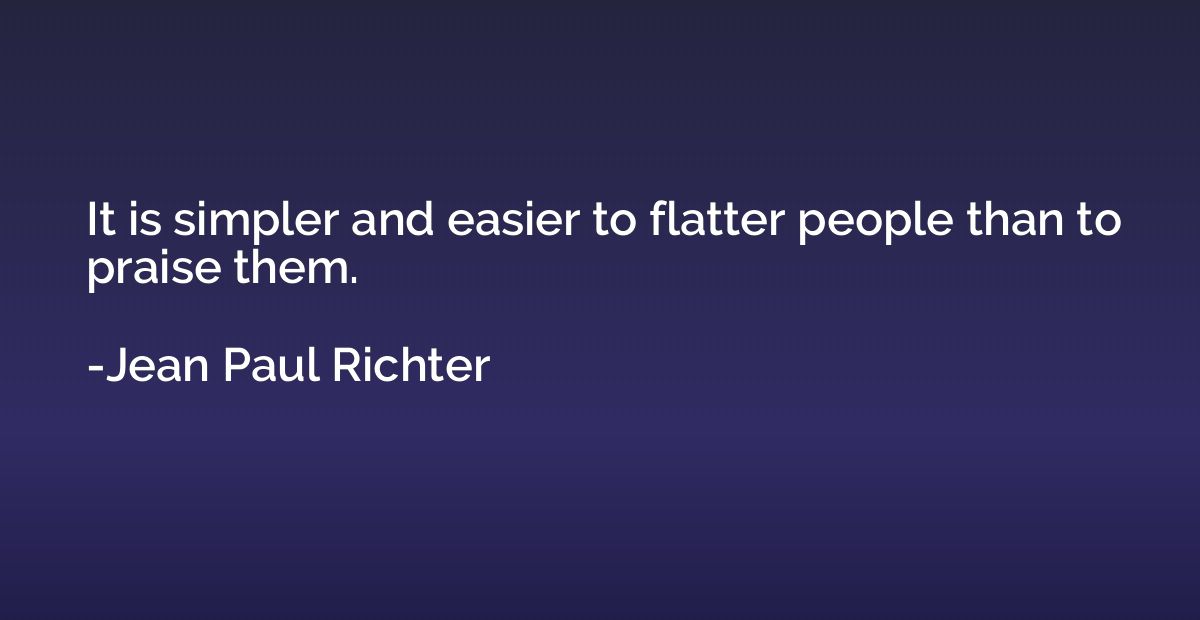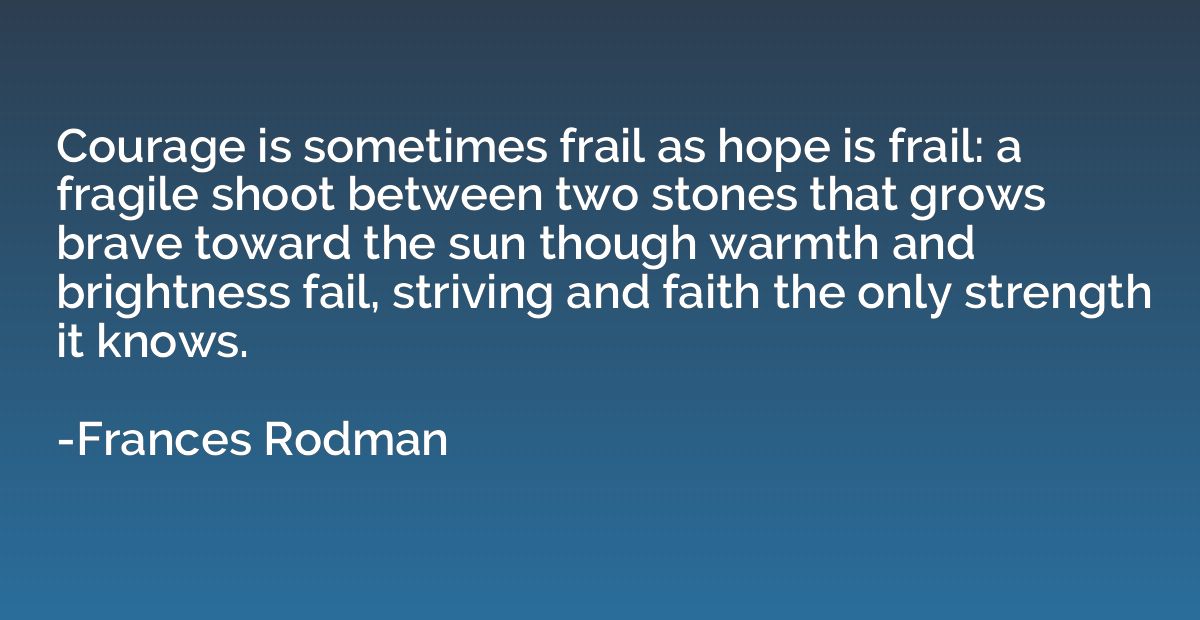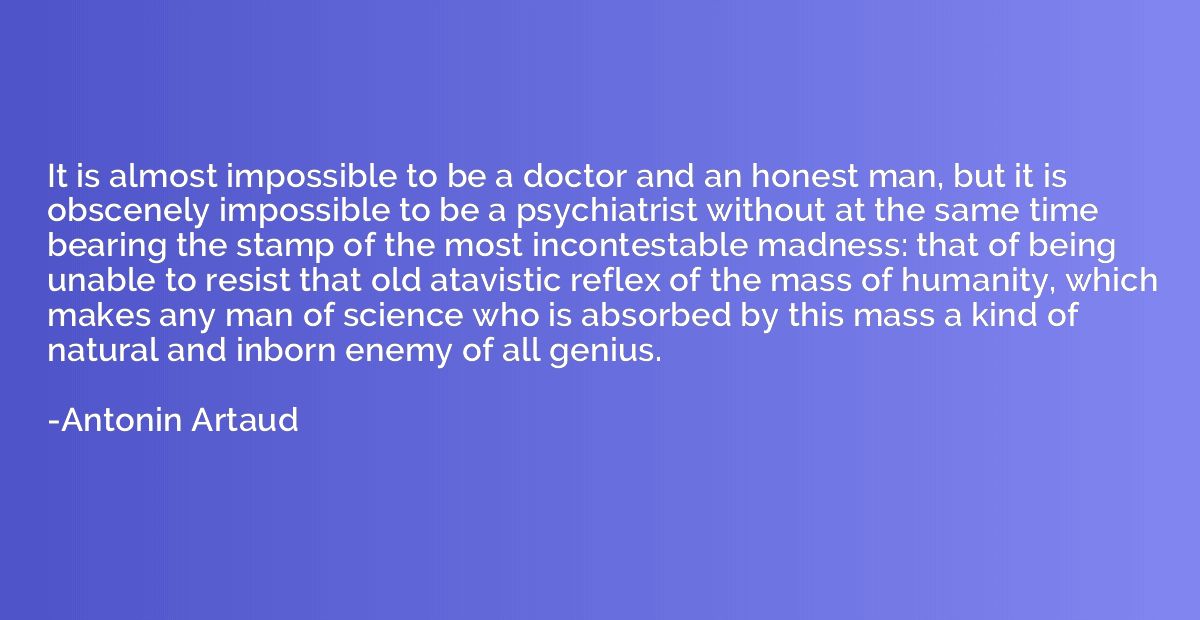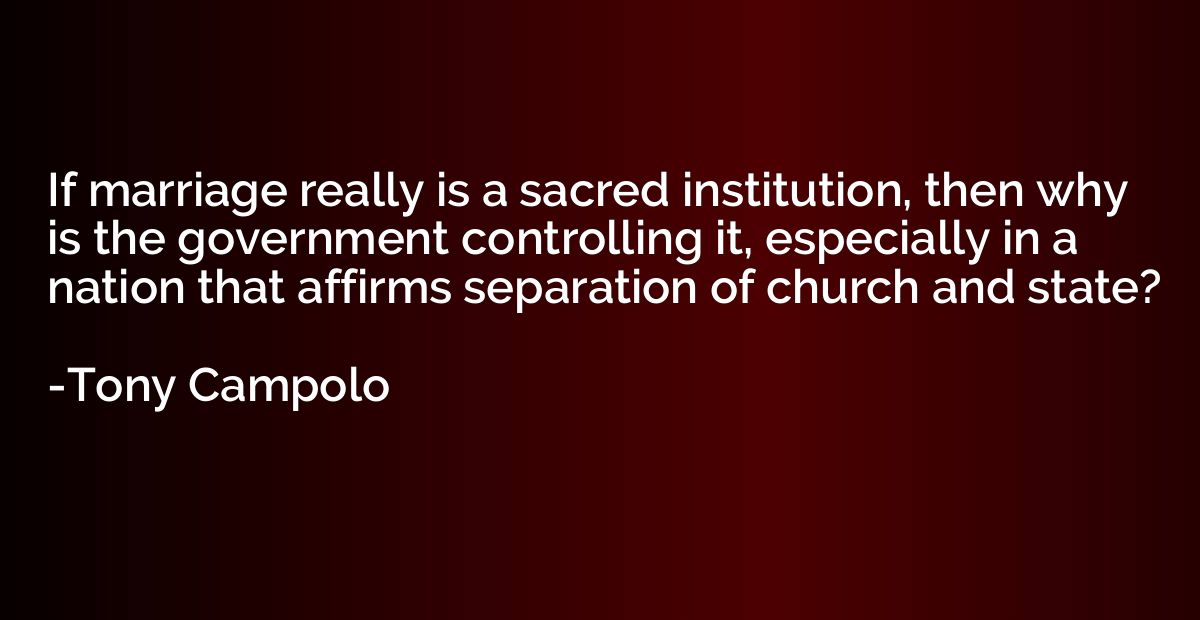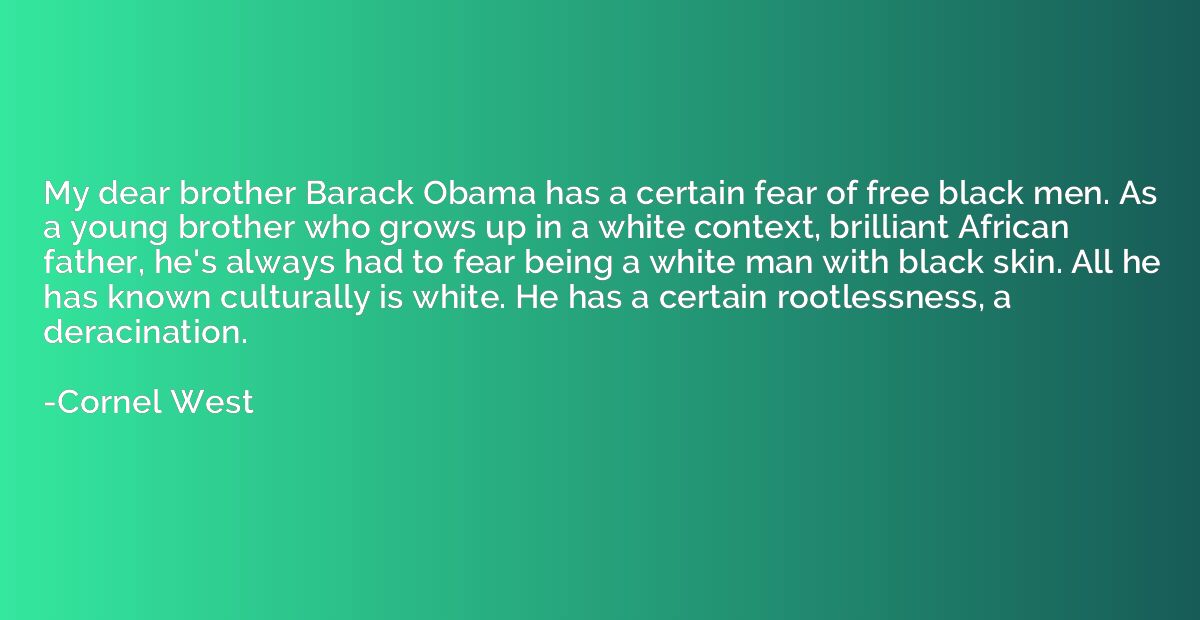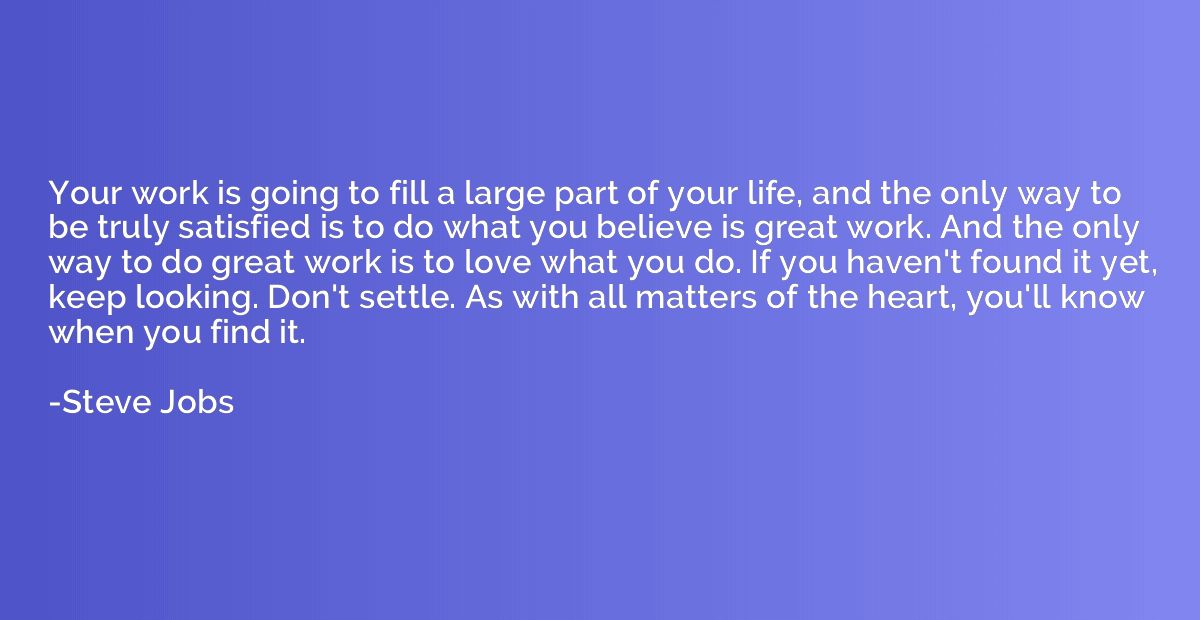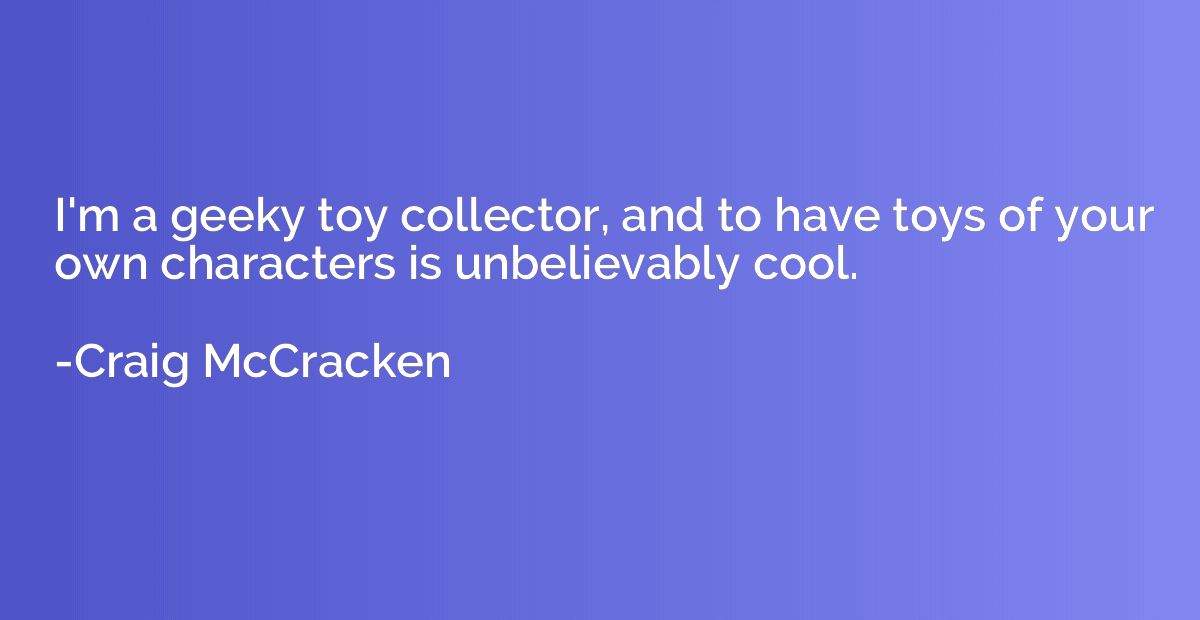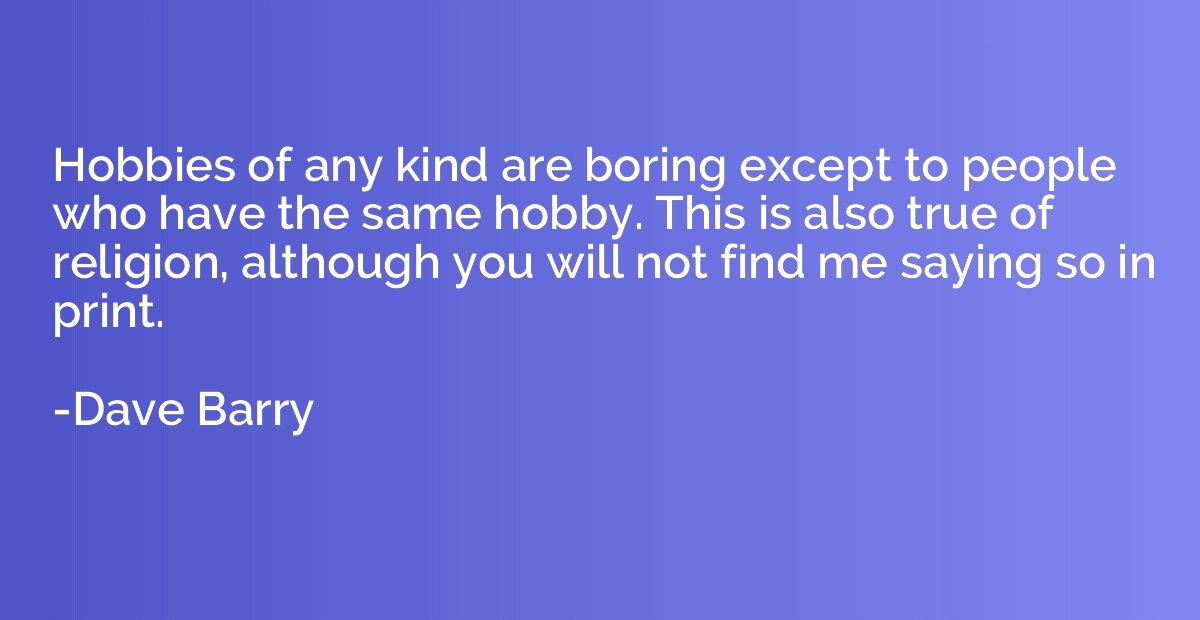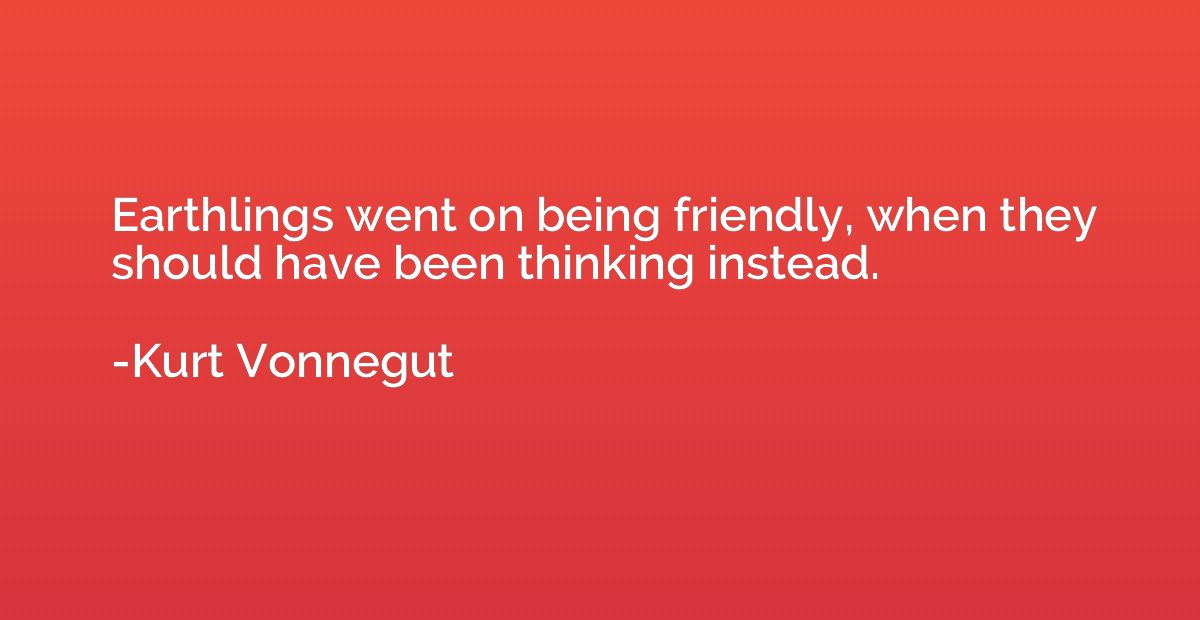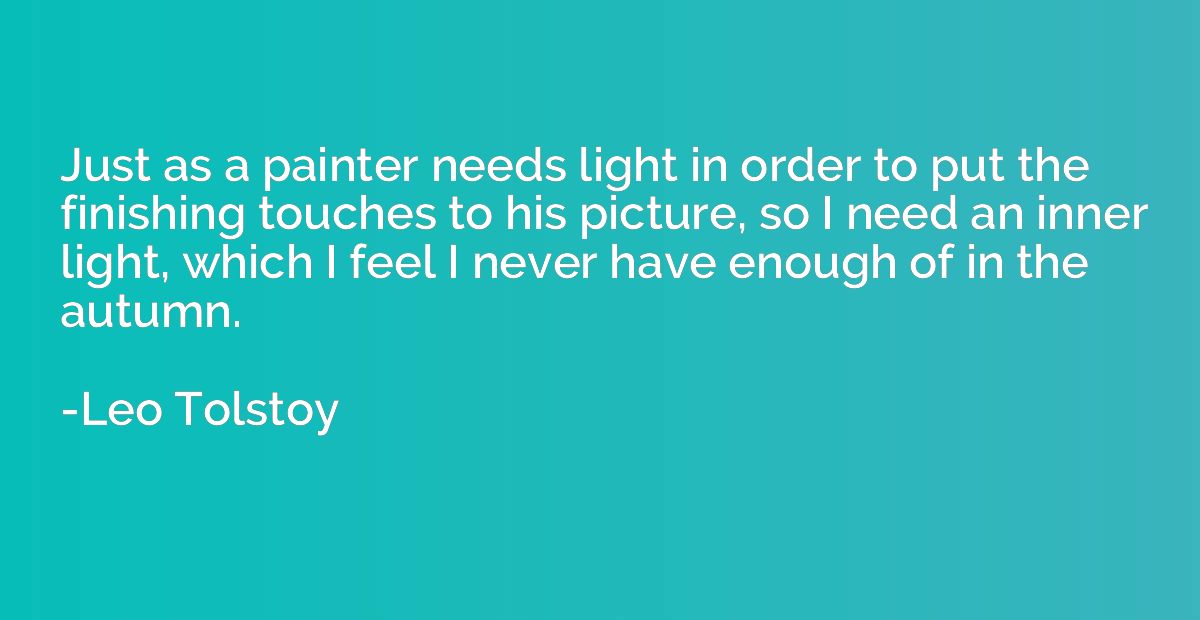Quote by Katja Millay
People like to say love is unconditional, but it's not, and even if it was unconditional, it's still never free. There's always an expectation attached. They always want something in return. Like they want you to be happy or whatever and that makes you automatically responsible for their happiness because they won't be happy unless you are ... I just don't want that responsibility.
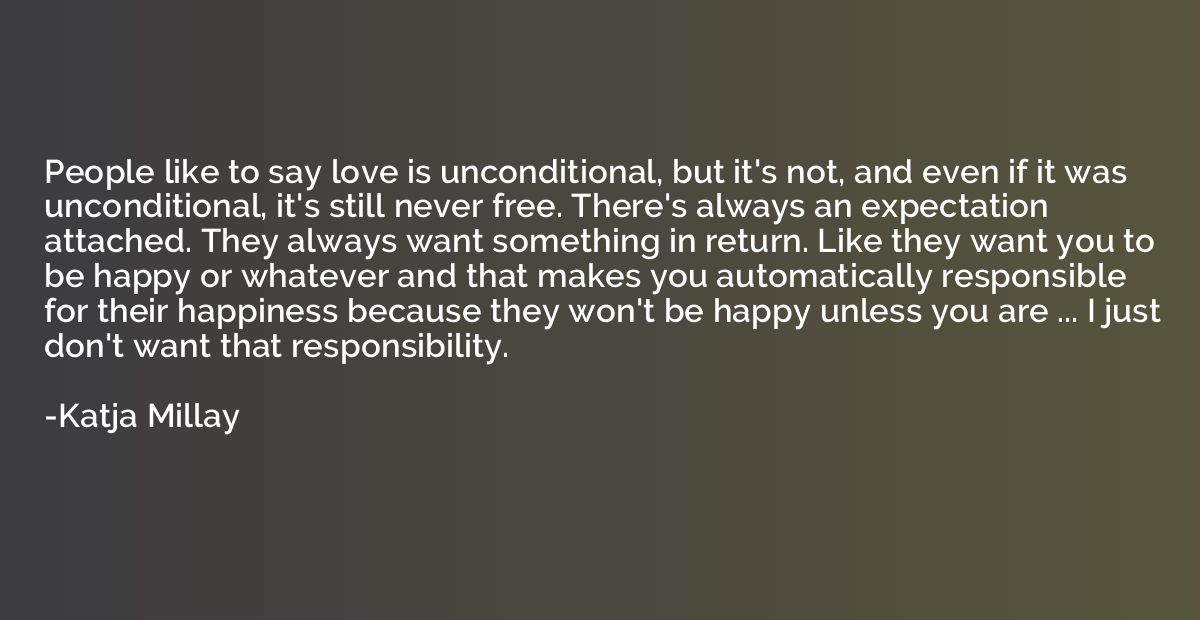
Summary
This quote reflects a deep skepticism towards the concept of unconditional love. It suggests that even if love were truly unconditional, there are always hidden expectations and demands placed on individuals. The quote highlights the burden of responsibility that comes with making another person happy, implying a desire to be free from the pressures of meeting others' expectations. The speaker expresses a reluctance to assume this responsibility, ultimately questioning the true nature of love and the expectations that come along with it.
By Katja Millay



